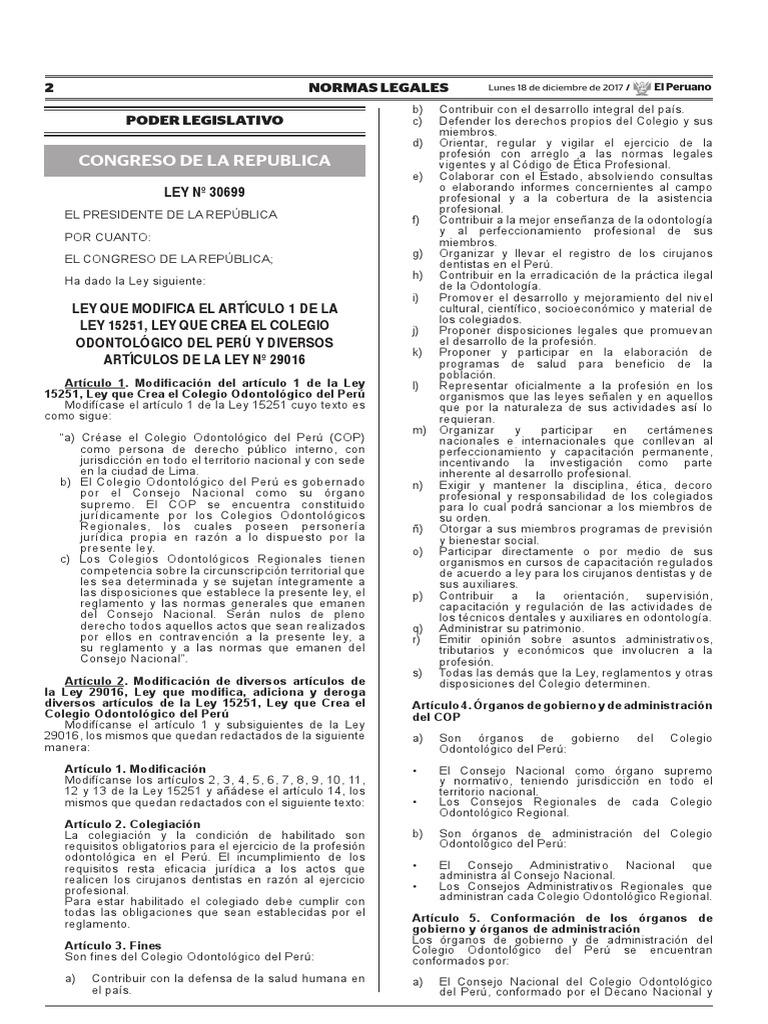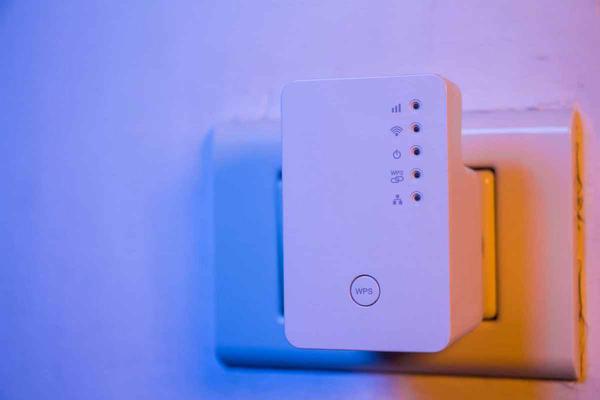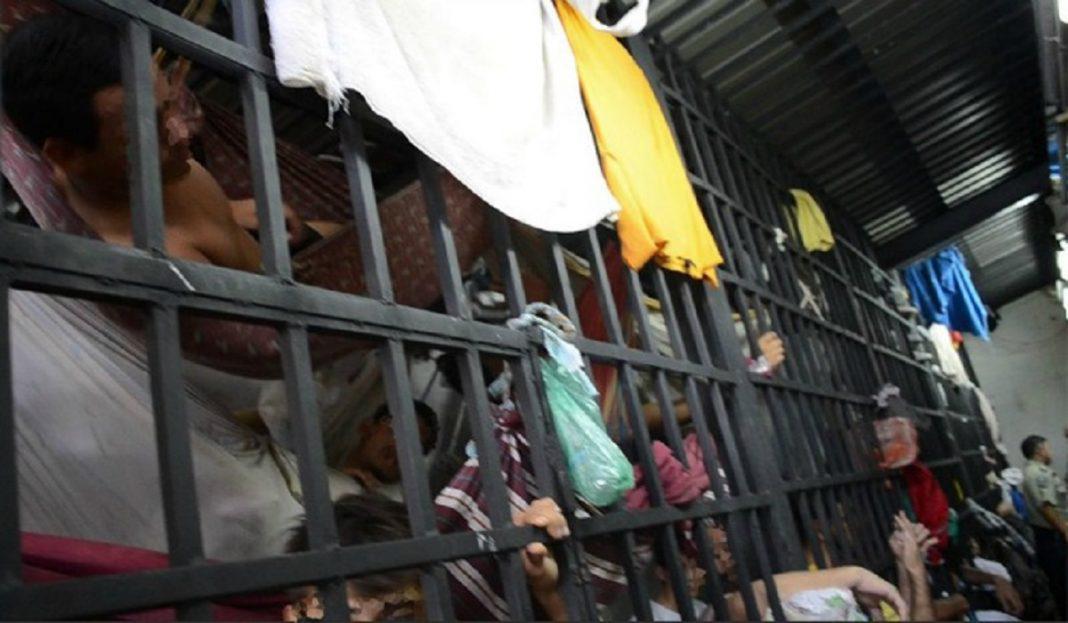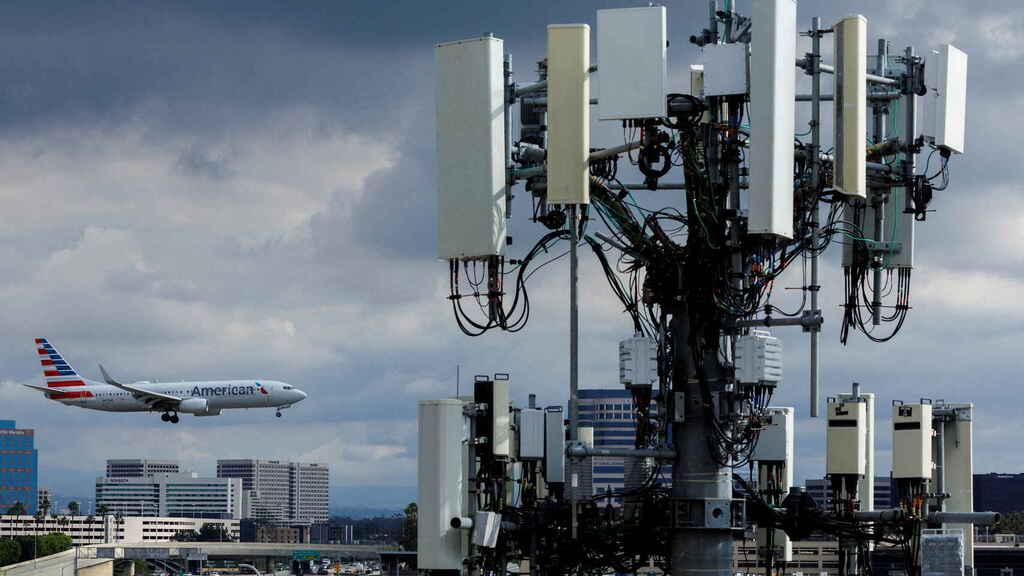"What a fake news is is to activate prejudices" presentation of lies and media
We live times characterized by political polarization, confirmation biases and circulation through fragmented spaces where most people think.The confrontation with the diversity and conversation between those who have different ways of seeing the world is increasingly strange."Today all agendas are local," says Natalia Aruguete, one of the greatest Argentine specialists in social networks, media, agenda and public debate, and author, along with Ernesto Calvo, from the book Fake News, Trolls and other charms.
In this conversation for citrus, the researcher at CONICET and professor at the National University of Quilmes analyzes the growth and massification of fake news, fluid links between traditional media and social networks, the dilemmas and difficulties that journalists face around the planet, and the possible horizons for community media.
—What type of bond are you among the massification of social networks, their daily use and the dissemination of fake news?
—The massification of the circulation of speeches and public senses on social networks is one of the condiments that promotes the propagation of fake news, it is not the only one.Fake News are a specific negative campaign expression, which requires deliberate intentionality to generate damage directly or to limit debate.You need an instance of production and issuance of such speech, but you also need that to spread.Here are the fragmentation and customization of these speeches, which assumes that there is some cognitive and affective consistency so that something is shared because it challenges the interlocutor effectively.You give him a cognitive pleasure because you confirm his own prejudices.That is one of the explanations, but it cannot be the only.The massification of social networks is not the direct cause of fake news propagation.In fact, misinformation strategies are from the origin of the times.Moreover, I do not know if the current one is much more dangerous than at other times, if compared to the circulation of senses during our last military dictatorship or during Nazism.And another aspect of the condition of possibility is the growing political, social, discursive polarization to which we are attending.
"That is that fake news, at one point, feed on a polarized political space.
—They of their possibility.An argument that I am emphatically supports that those cognitive and affective values that lead us to share a fake news are not distinguished much from the cognitive and affective values that lead us to share a verified content.For example, I translate it in a specific case: in an electoral campaign, the composition and circulation of speeches is polarized to the extreme.That is constitutive of a campaign, it could not be otherwise because the leaders themselves distinguish their proposals as a strategy to win an election.In such a scenario, you propose a message where you activate in the other latent themes of his idiosyncrasy: you will generate enthusiasm to want to share something, for the pleasure of feeling confirmed.In the 2019 campaign, with Ernesto Calvo and the Checking Organization, we did a investment on the effectiveness of the fact-checking.We saw that users felt motivated to share messages that said “Ofelia Fernández did not finish high school and wins 300.000 pesos ”or“ Macri was using a hearing aid during the debate ”or“ Verónica Magario justified the non -opening of kindergartens ‘because we want a Peronist people’ ”.Actually, these three messages are not only informative, they are confirmatory of latent idiosyncrasy of Argentine citizenship.They are also very good phrases because they condense in a few words something that emotionally activates.In that same experiment, when we exposed those same users to a verification where the falsehood of that information was shown, the same user, the same respondent, no longer wanted to share it.What we saw is that the verification of the information is not just a message where you inform the other.You are also transmitting a sanction message, you tell him "you were wrong and you shared something that was false".That inhibits and generates cognitive disturbance.That is why what does a fake news in a very easy, short and visceral way is to activate prejudices.That is what guarantees that one feels excited to share and that, therefore, guarantees its propagation.
—Now, the idea of fake news often relates to the world of social networks.However, at least in Argentina, several of the most important commercial media are also part of the dissemination of fake news.What differences do you see and why do you think it is possible?

—A first element that seems central to me is that, from the analysis that I do in terms of meaning, for me there is no clear distinction between traditional means and social networks.When I talk about this, I call it digital media ecosystem because there are no two communicational scenarios with parallel agendas.The truth is that the agendas are permanently feeds in multiple senses.In fact, the media live and are influencers on social networks.And they also adapt to the personalization and segregation rules proposed by the algorithmic logic of the networks.Then, on the one hand, they live the same space.On the other, many times what we observe is that, for a Fake News to run on social networks, it is necessary that a symbolic context has armed around that issue in traditional media and political discourse.So it is not possible that a News Fake, or any type of content that involves a negative campaign or violence in social networks, has a regular without a more general communication context.In both places, political operations can be formed and fake news are one of the novel forms of the political operations that have always exists.The other issue I would say is: of course, traditional media also incur falsity.Many times from our motivated reasoning, or what is most commonly called confirmation bias, we gather evidence that is consistent with something that for us is plausible and we can cognitively welcome.And that rule fits for all the same: journalists, politicians, institutions, we are all achieved by the generals of the law.So, why a journalist will not incur the same possible errors, product of his cognitive biases, when he ties ends, decontextualizes, recontextualizes and adds information so that it makes more sense.What happens is that today it is not so easy to know where the information incurs a falsehood and which does not.
—We assumed that part of the informative work implied informative rigor.That within the division of social work, part of the work of the information media was to check and give verified information.Now, something increasingly common at this time is that, even when it is demonstrated that information that gave a medium is false, there is no retraction.And many times there is even deepening.Are there certain borders of informative work, and a professional consensus, which was eroding?What about the digital ecosystem is the same in Argentina as in other countries?
—I have more systematized the Argentine case, but I am sure that it is not a single country phenomenon.It is not easy to establish the limits of a fake news, the purpose and what causes.Clearly Trump saying "here there is fraud, here there is fraud", in the months prior to the presidential election, it was a fiction that wanted to make visible that.And what he achieved later was that more than half of the Republicans believe that there was effectively fraud and forced the Democrats to go on the defensive.Well, the misinformation strategy was clear, the issuer was clear.For a study we are doing, I found a post of the BBC where an African -American teacher said: "I lost my job for not wanting to vaccinate me".And then, when I looked again, I found him in a lot of post -media posts in Latin America.That was false: it is not true that in the United States they will take you for not vaccinating you.There are other strategies.And it was the BBC.I couldn't know if the BBC was said.But am I going to find in networks with the verification that says that is false?No, because it will have another circulation, because the algorithm will take it to the other side.I find it very difficult at this time to think of journalism in a context of terrible precariousness from a view of deontological manual, regarding what are the moral precepts of good journalism.There is no more that.If a journalist delivers eight notes in a day for three media, I find it unfriendly to ask the journalist to take responsibility for making a verified note.In addition, because many times the sources that are enabling your knowledge, of your approach to certain situations of reality, are sources to which you have no other than to believe, because they are the only.For example, news about criminal acts.In many cases, the police or personnel of the Judiciary are the information enablers of what the journalist finds out.What responsibility do you have?The current news production instance makes it more difficult to establish distinctions neat.
—There is a problem that always existed: what is the truth, how to tell the truth or reality.And this difficulty of journalistic work.But also something that has been shown is growth, not only in Argentina, but worldwide, of the intervention of the owners about the editorial lines of their own means.Media owners who are always magnates.Perhaps the difference is the incidence they have on the contents regarding what happened some, one or two decades.Do you think there are news?
"I wouldn't know if it's now older than before.It is likely that now it is more clear and that we are paying more attention.I think that several things are happening there.On the one hand, it is very likely that the confrontations between the political sphere and the media system have revealed the alignments for the polarization to which we attend in multiple countries.Suppose we grant and say: "Yes, now the confrontation is more revealed".Indeed, there is an editorialist exaltation by press workers.But that exaltation also has to do with an assumption that is not confirmed and that is that if you exalt your editorialist position, you will generate greater engagement (commitment) in the intense.Anyway, non -intense will generate a cynicism that disconnects them.Many people began to disconnect from certain channels and celebrities to those who followed for their very exacerbated editorialization.A more hidden question is whether one of the possible factors that explain that also has to do with the crisis through which traditional media are going through.At this time, journalists and editors are much more aware of news consumption, which can also see it in the minute.They are no longer just television channels, all digital media can have that as information at the time.That makes what is going through the head of your audience begins to join your own routine news decisions: when you take a note, how long you hold it, for which channels.Probably who is making these decisions does not care about politics.The crisis of traditional media institutions is such that seeking an exclusive political explanation is insufficient.
"You worked hard on the issue of the agenda.In the digital ecosystem there are a lot of actors that converge, dispute different points on the agenda, their construction, the issues to which attention is paid, their thematization.What role do alternative or community media play or can play there?
—Depers the topic that is discussion because that can polarize or not, it can diversify or not, it can give voice or not to the most commoner users.In general, what I think is that the agenda we usually attend and we are exposed as non -attentive observers is an agenda that has been formalized extremely.I also believe that even some alternative and community media have a hard time running from that official agenda.The relationship between the political agenda and the media agenda is more symbiotized than ever.Those of the pile are looking very much outside any possible intervention on that agenda.There are times when political events are assembled that authors for me very respected are called redefinitory critical events.It is when there is a convergence of multiple actors that generate such a level of shock around an event that makes it a public problem.For example, in the first month of the disappearance of Santiago Maldonado, the main authorities to tell what was happening were means that were neither Clarin nor La Nación.They had come first to the news, which later had a lot of visibility in Argentine politics.Then, at the beginning he managed to move the media scenario of informative production.Another case in which we saw this very clearly was in the events that promoted gender agendas in the discussion around the voluntary interruption of pregnancy in 2018, where the authorities in networks were neither politicians nor the traditional mediaof greater visibility.The same is not today.The Maldonado started like this and ended badly: with all the trolls coping the stop and explaining the entire speech.There were 77 days of activation, but those who won were those who coordinated to deactivate the discussion.
- On the basis of what we have been talking about, there is something that seems to be, and that showed authors such as Pablo Boczkowski a long time ago, which is the paradox that today there are many means, but few messages or a certain concentration of what is said.How do you think that self -managed, alternative and popular media play there?
"I'm not a community media specialist, but I'm going to say two things.Without being porteñocentric, community media in some areas of Argentina are the only media consumption with scope.Of course, the Clarín agenda will not play, but those places are those that tell the agenda to the people or those who socialize that agenda with those local audiences.And the other issue that I observe is that workers or militants of this type of media are very need to express themselves, but many times they do not finish finding a audience.I think you have to find it, you need an interlocutor to help you finish assembling the agenda.At this time, agendas are all locals, even on social networks.It is no longer Clarín installing a generalized agenda.It is the people who consume Clarín.In addition, people are already proposing an agenda in their bubble.Actually Clarín, Page/12, Telesur or Citrus.No medium already installs a agenda on a rasa tabula.They never installed it, but now less than ever.You have very active users that with their reactions in consumption and networks, with the dependence of the editors of that consumption, with their ability to coordinate to share and disseminate an agenda, they contribute greatly.The correlation of forces remains unequal, but we cannot deny that we all contribute to form an agenda.The bet has to be a different agenda that activates those local, national, niche interlocutors.For that we must have congruence with those interlocutors.That is the way in which the message now circulates.If you have cognitive congruence with the interlocutor who lives in your own community, you will be able to install an agenda.The agenda is no longer national, it is not more international, the agenda is local.The problem is whether to ask ourselves what is the agenda of the alternative media we continue to have Clarín as a parameter.
*By Ivan Schuliaquer for citrus magazine / cover image: Juan Pablo Barrientos.








